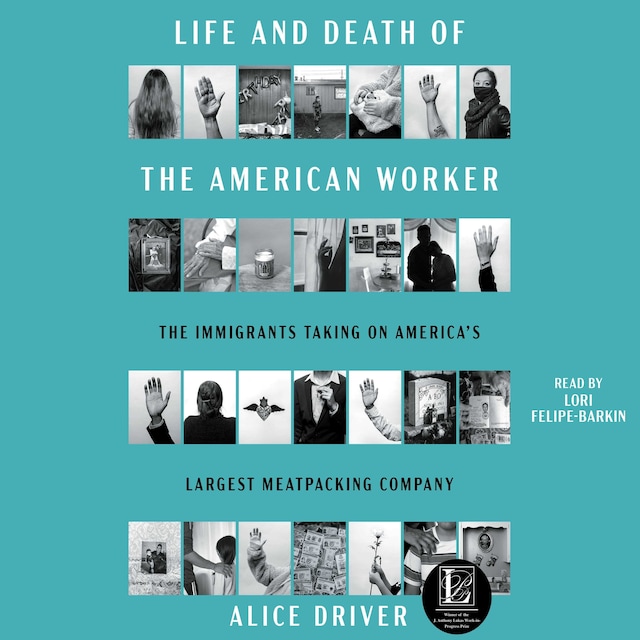
Life and Death of the American Worker
The Immigrants Taking on America's Largest Meatpacking Company
Description of book
A New Yorker Best Book of 2024
“A startling glimpse into the meatpacking industry’s abuse of undocumented and incarcerated workers.” —The New York Times Book Review
Winner of the J. Anthony Lukas Work-in-Progress Award, an explosive exposé of the toxic labor practices at the largest meatpacking company in America and the immigrant workers who had the courage to fight back.
On June 27, 2011, a deadly chemical accident took place inside the Tyson Foods chicken processing plant in Springdale, Arkansas, where the company is headquartered. The company quickly covered it up although the spill left their employees injured, sick, and terrified. Over the years, Arkansas-based reporter Alice Driver was able to gain the trust of the immigrant workers who survived the accident. They rewarded her persistence by giving her total access to their lives.
Having spent hours in their kitchens and accompanying them to doctor’s appointments, Driver has memorialized in these pages the dramatic lives of husband and wife Plácido and Angelina, who liked to spend weekends planting seeds from their native El Salvador in their garden; father and son Martín and Gabriel, who migrated from Mexico at different times and were trying to patch up their relationship; and many other immigrants who survived the chemical accident in Springdale that day.
During the course of Alice’s reporting, the COVID-19 pandemic struck the community, and the workers were forced to continue production in unsafe conditions, watching their colleagues get sick and die one by one. These essential workers, many of whom only speak Spanish and some of whom are illiterate—all of whom suffer the health consequences of Tyson’s negligence—somehow found the strength and courage to organize and fight back, culminating in a lawsuit against Tyson Foods, the largest meatpacking company in America.
Richly detailed, fiercely honest, and deeply reported, Life and Death of the American Worker will forever change the way we think about the people who prepare our food.


